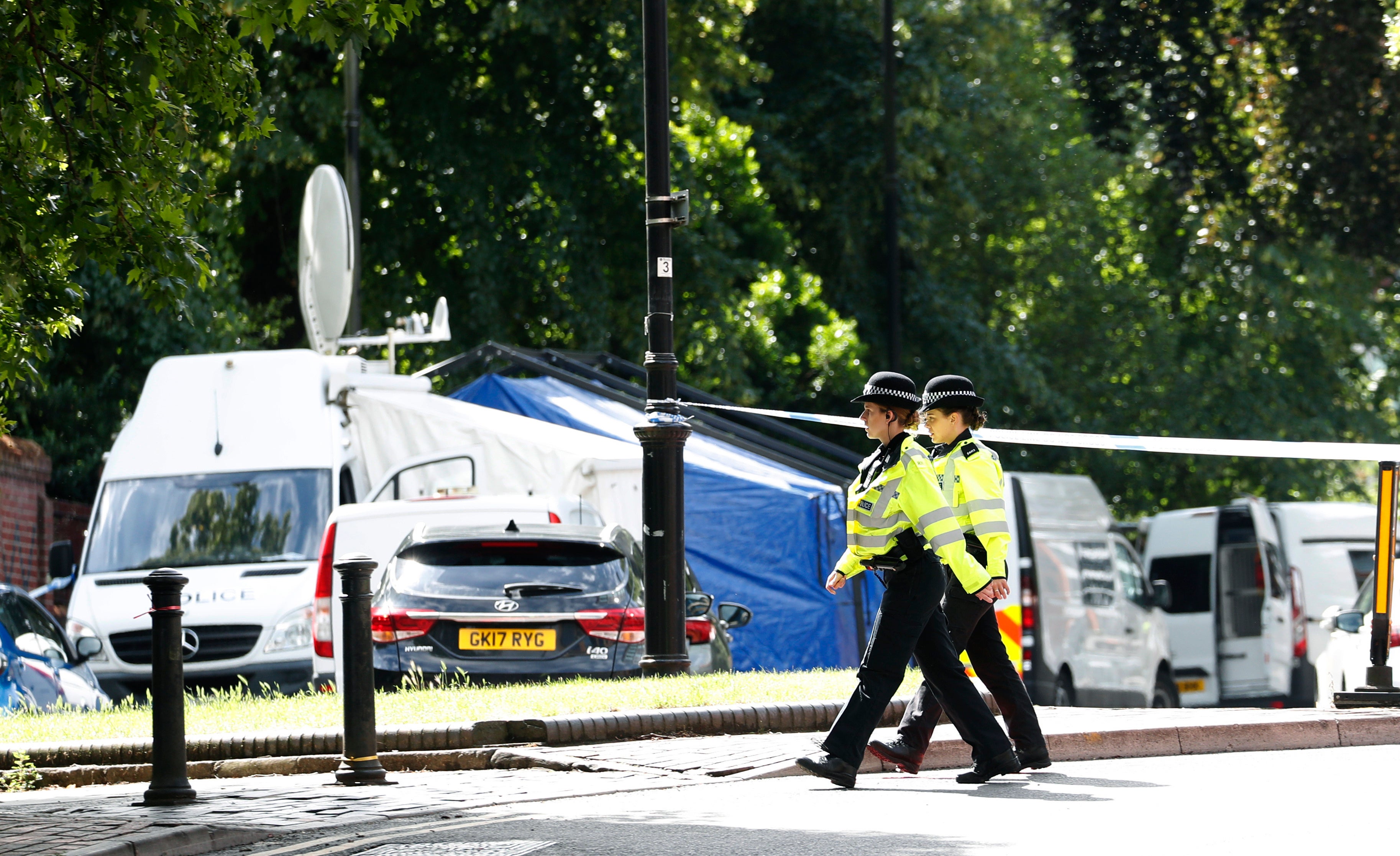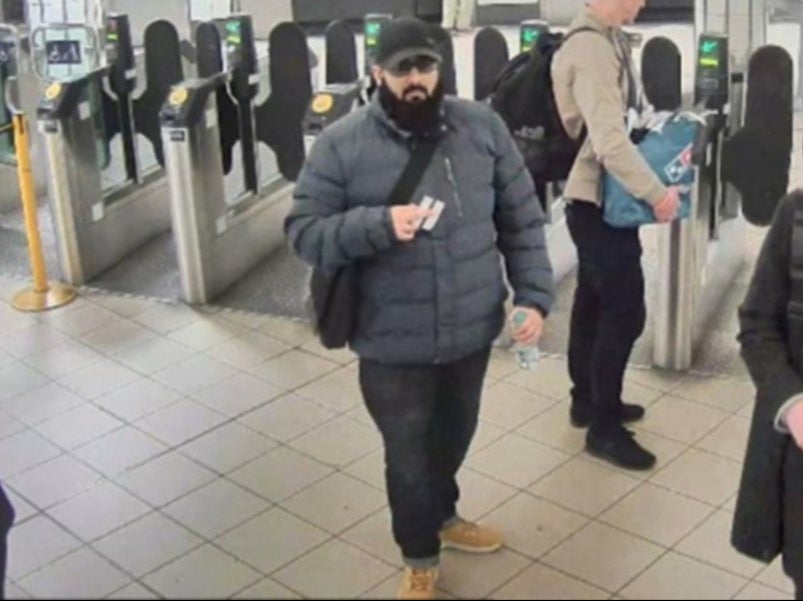How the pandemic has impacted the terror threats facing Britain
MI5 believes lockdown has had both positive and negative effects on national security, Lizzie Dearden writes

The head of MI5 has warned that the security services do not yet know what long-term impact coronavirus will have on terrorist threats to Britain.
Ken McCallum, who became director-general of MI5 at the start of the pandemic, said it had been a “mixed phenomenon” with both positive and negative effects on national security.
In his first interview, Mr McCallum said lockdowns had left extremists to get “even more sucked into” terrorist ideologies online, while “stewing in their bedrooms”.
But he told Times Radio that travel restrictions had also had a “useful suppressive effect” on terrorist networks by making journeys abroad more difficult and highly visible.
Mr McCallum admitted that the same restrictions had also created challenges for MI5 agents, because of their own movements and the way they contact suspected terrorists, use covert surveillance and plant bugging devices.
Asked what would happen as the UK emerges from restrictions, he said: “We don’t have a clear sense of exactly how this complex situation is going to play through.”
Counter-terror police are concerned that the coronavirus impact reduced the opportunity for terrorists to commit attacks, but not the intention.
There are fears that, following the reopening of bars and restaurants, people will return to unprotected “crowded places” that have previously been used as a soft target by terrorists.
The government is currently consulting on a “Protect Duty” that would legally require training or security measures at hospitality venues, but the idea has encountered resistance by critics who claim the effects and cost of changes would be disproportionate.
In the only terror attack to hit the UK since the first lockdown, a knife attacker murdered three friends who were meeting in a Reading park following the easing of restrictions.
The majority of terror plots in Britain currently stem from what the security services call “self-initiated terrorists”, or lone actors, who normally use low-sophistication methods such as vehicle and knife attacks.
The tactics can be less deadly than more sophisticated plots using bombs or multiple attackers, but are also harder to spot because of the lack of a need for preparation, training or overseas travel.
Most recent attacks in Britain have been launched by lone actors, such as in Reading and Streatham, although investigations have revealed links to other extremists.

Potential failings by MI5 ahead of the 2019 Fishmongers’ Hall attack, where a freed terror offender murdered two people at a prison rehabilitation event, are currently being examined at a high-profile inquest.
Usman Khan was under investigation by MI5 at the time, and intelligence that he was planning an attack on his release had not been shared with the probation officers managing his day-to-day activities.
Mr McCallum did not speak about the attack directly, but said that being on MI5’s radar was “not the same as someone being under a microscope day after day”.
He said: “In those cases where if it’s a choice between ‘we knew nothing at all’ and ‘we knew something’, I would much rather be the latter because it means we came close to stopping something.”
Since March 2017, 12 terror attacks have been launched in the UK and 29 late-stage plots have been thwarted – 18 by Islamists, 10 by far-right extremists and one classified as “left-wing, anarchist or single-issue terrorism”.
Mr McCallum said jihadists still make up around four-fifths of MI5’s overall casework, but the balance may shift.
He acknowledged the rising proportion of children and teenagers under investigation, particularly from the extreme right-wing, and said it was “difficult to figure out the right approach” while balancing public safety with safeguarding duties.
Join our commenting forum
Join thought-provoking conversations, follow other Independent readers and see their replies
Comments


Bookmark popover
Removed from bookmarks